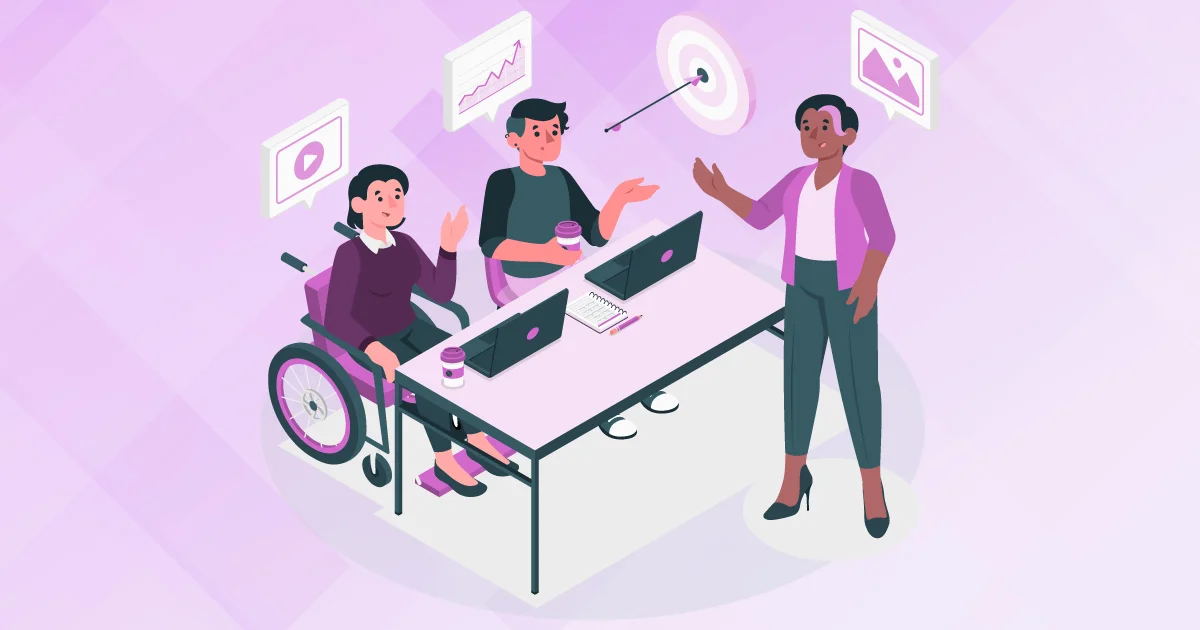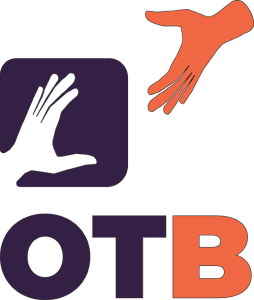Disability mentoring is a great way to support people with disabilities. It helps them learn new skills, build confidence, and become more independent. In this process, a person with a disability (called the mentee) is paired with a mentor, someone with more experience. The mentor gives advice, guidance, and support. This can help in many areas like education, work, and personal growth.
In this blog, we will explain what disability mentoring is, why it is important, and how it helps both the person with a disability and society.
What is Disability Mentoring?
Disability mentoring is when a person with a disability (the mentee) is paired with someone who has more experience (the mentor). The mentor helps the mentee by giving advice, support, and encouragement. The goal of Disability Mentoring is to guide the mentee as they work on their personal, social, or work goals.
Mentoring can help with many things, such as:
Career advice: A mentor can help someone with a disability find a job, prepare for interviews, and learn how to do well at work.
Building skills: A mentor can teach useful skills like budgeting, cooking, or managing time.
Emotional support: Mentors encourage and help the mentee stay motivated.
Problem-solving: Mentors help with challenges like handling tough situations or figuring out how to get support.
Mentors can also have disabilities themselves or be people who know how to support those with disabilities. What matters most is that the mentor is there to help the mentee achieve their goals.
Why is Disability Mentoring Important?
Disability mentoring is important because it helps people with disabilities feel more confident, be more independent, and succeed. Here are a few reasons why it is so helpful:
Building Confidence and Self-Esteem
One of the most important benefits of this service is building confidence. Many people with disabilities can feel unsure because they face challenges that others may not. A mentor helps by encouraging them to try new things, celebrate their wins, and believe in themselves. This support makes them feel better about what they can do and helps them become more confident.
Helping with Education and Career Goals
Education and work can be hard for people with disabilities. This service helps by giving advice on schoolwork, choosing the right classes, or finding good job opportunities. Mentors can also give tips on how to manage studies or work tasks. They can help mentees know how to ask for the help they need in school or at work.
Having a mentor who understands the challenges can help in reaching school and work goals.
Learning Life Skills
This service isn’t just about education and work. It also helps people with disabilities learn important life skills. These skills can include how to manage money, take care of personal health, or organise daily tasks. With a mentor’s help, mentees can learn these skills in a way that is manageable and helpful. This knowledge is essential for living an independent life.
Reducing Isolation and Increasing Social Connections
Many people with disabilities feel lonely because it can be hard to make friends. Mentoring helps by giving them a caring person to talk to. Mentors help mentees learn how to make friends and connect with others. This relationship helps mentees feel trusted, build new friendships, and feel more included in society.
Promoting Independence
Mentoring helps people with disabilities become more independent. They learn to make decisions, solve problems, and take care of their daily tasks. A mentor gives them the support and skills they need to live on their own and feel confident.
How Disability Mentoring Helps Society
Disability mentoring is good for both the person with a disability and society. When people with disabilities get help, they can achieve their goals, and this benefits everyone. Mentoring shows that people with disabilities can do great things. It also helps others understand and support them more. This makes society more inclusive, where everyone is treated fairly. This service helps create a kinder world where everyone has the chance to succeed and contribute.
How to Get Involved in Disability Mentoring
If you want to get involved in disability mentoring, here’s how:
For mentees: Look for programs or groups near you that offer mentoring services. Community centres, schools, and online platforms often have opportunities for people with disabilities to find mentors.
For mentors: If you have experience with disabilities or enjoy helping others, consider becoming a mentor. Many programs are looking for kind and patient people who want to make a positive difference.
Check with local non-profit groups or online programs to learn more about how you can get involved and help.
Conclusion
Disability mentoring is a great way to help people with disabilities reach their goals and become more independent. It helps them feel confident, learn new things, and meet new people. Mentoring creates a caring environment where they can grow and succeed.
For society, it helps everyone be more understanding and kind. If you or someone you know needs a mentor, check for programs in your area. Whether you are a mentee or a mentor, this relationship can make a big difference in creating a better future for everyone.

